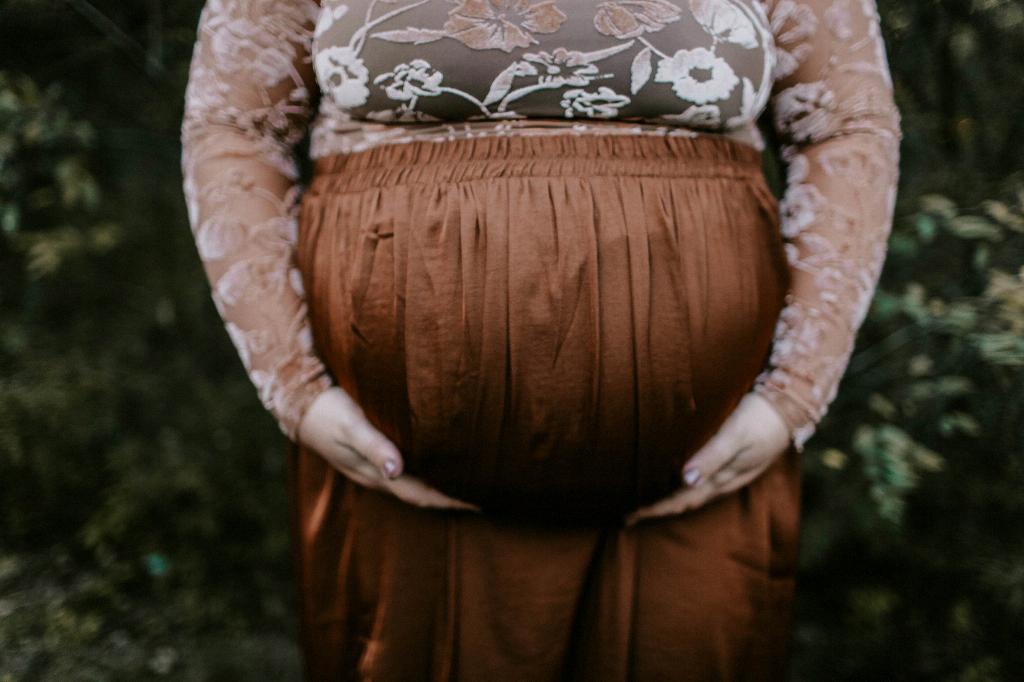When it comes to pregnancy, there are a lot of factors to consider in terms of what is safe and what should be avoided. One common question that often arises is whether Coffee Mate, a popular creamer used in coffee, is safe for consumption during pregnancy. Let’s delve into the details to understand the potential impact of Coffee Mate on pregnancy.
The Impact of Coffee Mate on Pregnancy
Coffee Mate is a non-dairy creamer that is widely used to add flavor and creaminess to coffee. While Coffee Mate itself does not contain caffeine, it is essential to consider the overall impact of consuming products that contain Coffee Mate, especially when it is added to caffeinated beverages like coffee.
Caffeine Content in Coffee Mate
While Coffee Mate does not contain caffeine on its own, when added to coffee, the overall caffeine content of the beverage increases. It is crucial to monitor your caffeine intake during pregnancy, as excessive caffeine consumption has been linked to potential health risks for both the mother and the baby.
Risks of Excessive Caffeine Consumption During Pregnancy
Research suggests that consuming more than 200mg of caffeine per day during pregnancy can contribute to a higher risk of having a baby with a low birth weight. This is an important consideration when evaluating the safety of consuming Coffee Mate or any other caffeinated beverages during pregnancy.
Alternatives to Coffee Mate During Pregnancy
If you are looking for alternatives to Coffee Mate during pregnancy, there are various options available. Opting for natural creamers or milk in your coffee can be a healthier choice, as they do not contain the additional additives found in some non-dairy creamers.
Consulting Your Healthcare Provider
As with any dietary decision during pregnancy, it is always advisable to consult your healthcare provider for personalized advice. They can provide guidance based on your individual health status and pregnancy needs to help you make informed choices regarding your caffeine intake, including the use of products like Coffee Mate.
Understanding Ingredient Labels
When considering whether Coffee Mate is safe during pregnancy, it is essential to read the ingredient labels carefully. Some non-dairy creamers may contain additives or ingredients that are best avoided during pregnancy, so being informed about what you are consuming is key.
Monitoring Your Caffeine Intake
Keeping track of your daily caffeine intake is crucial during pregnancy. This not only includes the caffeine content in coffee but also in other sources such as tea, soda, and chocolate. Being mindful of your overall caffeine consumption can help you make healthier choices for you and your baby.
Balance and Moderation
As with most aspects of pregnancy, balance and moderation are key when it comes to consuming Coffee Mate or any other caffeinated products. Enjoying a cup of coffee with a reasonable amount of non-dairy creamer occasionally is unlikely to pose significant risks, but it’s essential to be mindful of your overall dietary habits.
Final Thoughts on Coffee Mate and Pregnancy
In conclusion, the safety of consuming Coffee Mate during pregnancy ultimately comes down to moderation and overall caffeine intake. While Coffee Mate itself may not pose direct risks, it is important to consider the combined effect of caffeine consumption from various sources. Consulting your healthcare provider and being informed about your dietary choices can help you make the best decisions for a healthy pregnancy.

